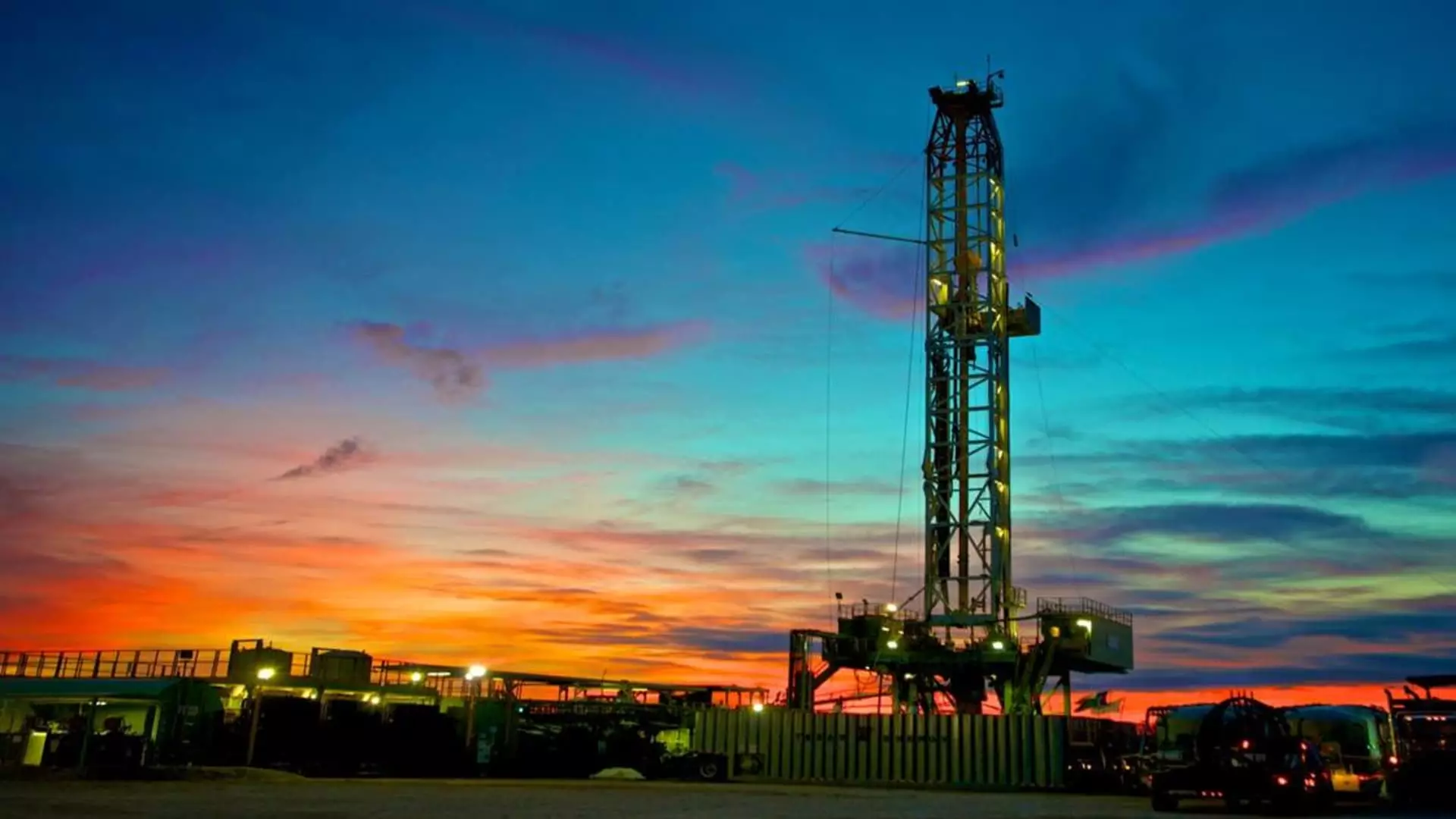In the intricate web of global energy production and consumption, the United States stands out as a titan. The recent remarks by TotalEnergies CEO Patrick Pouyanne at the Adipec oil conference highlight the critical importance of maintaining this energy dominance, especially in the context of the upcoming 2024 U.S. elections. With America producing roughly 22% of the world’s oil, juxtaposed with Saudi Arabia’s 11%, it’s clear that the stakes are high. The importance of the U.S. as both a producer and consumer reiterates a critical point: the country’s energy independence is not just an economic asset but also a strategic imperative.
The evolution of the U.S. energy sector can largely be attributed to the shale revolution. Pouyanne pointed out that shale oil production constitutes a remarkable 64% of total U.S. crude output. This drastic transformation arose from the ability to extract oil through hydraulic fracturing, a method that has dramatically increased production from approximately 5.1 million barrels per day in 2008 to nearly 13 million barrels per day today. The exponential growth underscores how pivotal the shale industry has been in reshaping America’s energy landscape. However, it is important to consider the environmental ramifications of this method, which continues to be a contentious issue among policymakers and environmental advocates.
As the 2024 election cycle approaches, the debate surrounding energy policies is becoming increasingly polarized. Former President Donald Trump and the Republican party have historically championed the expansion of shale production through deregulation, appealing to a voter base eager for economic growth and job creation in the energy sector. Conversely, the Democratic stance has evolved, with Vice President Kamala Harris now voicing support for fracking despite previous legislative opposition. This shift emphasizes a broader trend where climate concerns are juxtaposed with economic realities, raising questions about how these positions will be reconciled in energy policy moving forward.
Energy dominance extends beyond economic metrics; it has significant geopolitical ramifications. In light of recent global geopolitical shifts, particularly the Russian invasion of Ukraine, the U.S. has been proactive in supplying oil and gas to Europe. In 2023, the nation accounted for nearly half of Europe’s liquefied natural gas (LNG) imports, a strategic move that not only enhances energy security for European allies but also affirms America’s role as a reliable energy partner. TotalEnergies’ Pouyanne argues that losing this competitive edge would be a substantial blow to U.S. international standing, explaining that whoever takes the office in 2024 should prioritize energy as a cornerstone of national strategy.
While it might seem that energy policies are wholly attributable to administration ideology, the reality is far more nuanced. Pouyanne’s observations regarding the Biden administration illustrate a complex regulatory environment, where some projects—like the approval for drilling in Alaska—have progressed, suggesting that energy policy might not swing wildly with political tides. Instead, it appears to be increasingly balanced, as both parties recognize the necessity of maintaining energy production even in the face of climate change protocols.
The interplay between energy production, political expediency, and environmental impact cannot be overstated as the U.S. gears up for the 2024 elections. TotalEnergies’ CEO’s insights provide a window into the urgent need for a coherent energy strategy that not only maintains America’s competitive advantage but also reflects broader environmental concerns. As the nation charts its future energy course, stakeholders across the spectrum must collaborate to ensure that energy policies support both economic resilience and ecological responsibility. The path forward must reconcile the dual mandates of harnessing energy potential while safeguarding our planet for future generations, an endeavor that will define America’s energy legacy in the years to come.


Leave a Reply